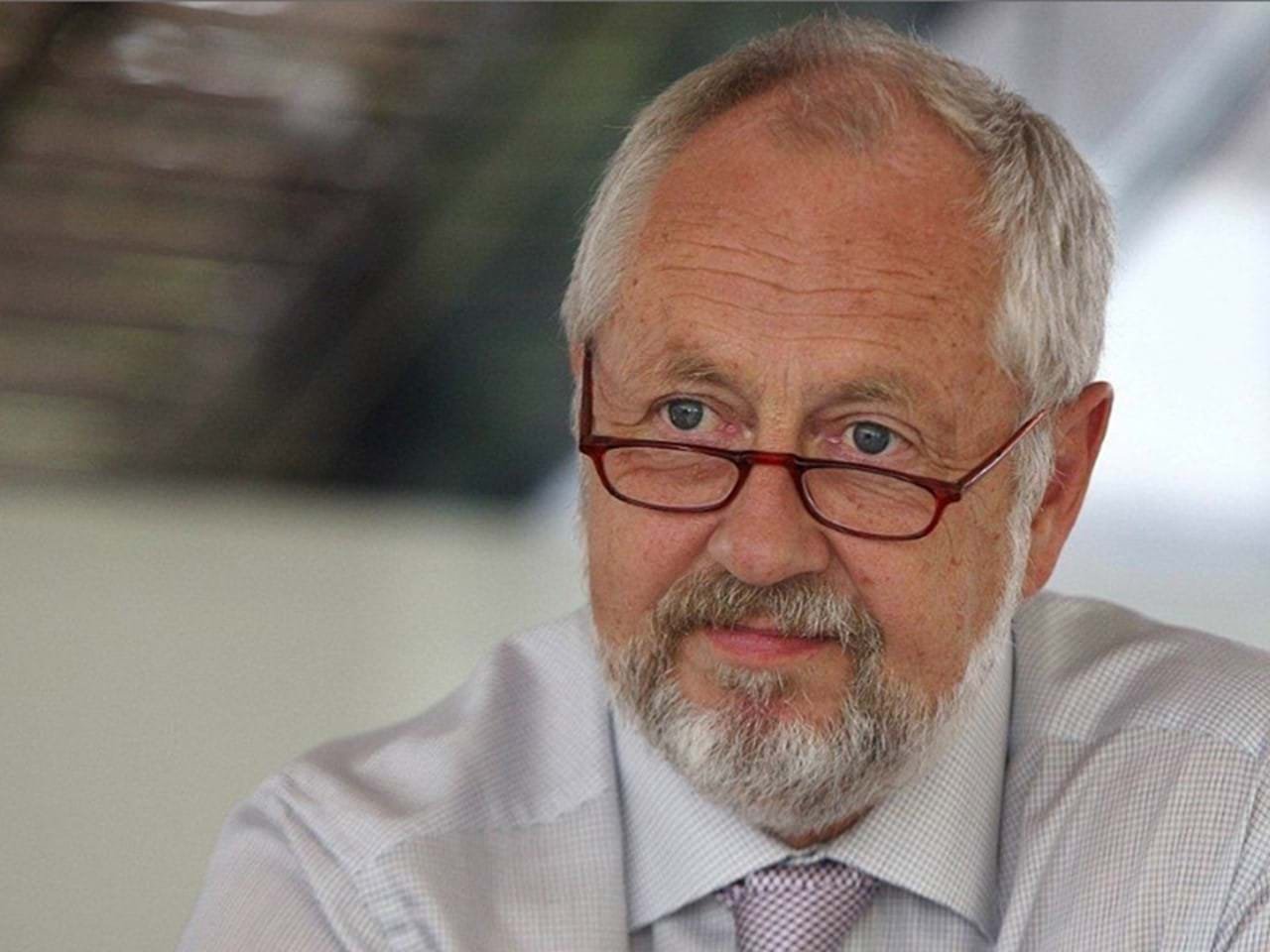Former CEO of Posten, Kaare Frydenberg, has worked as a manager for 36 years and has been involved in the hiring of numerous interim managers. When an urgent management need arises, there is no doubt in his mind that interim management is the best solution.
We are conducting a telephone interview with Kaare Frydenberg in his office at Saga Management at Filipstad Brygge in Oslo, where he is a partner consultant.
Every day he provides assistance to owners and boards of companies that are facing structural changes, streamlining or acquisitions. When asked about his experiences of quickly obtaining qualified managers, the answer is clear and concise:
"When an urgent situation arises and a manager needs to be in place quickly, there are two major things that must fall into place. It must happen fast. And you must obtain complete expertise. An interim manager is then the best instrument a board can use. It is like a vitamin injection and always provides great results," Frydenberg says.
A solution for various urgent situations
Frydenberg points out that it takes around 8 to 9 months to recruit a manager, first you have to prepare a thorough specification, conduct searches and negotiate contracts and then there is the waiting period as experts usually have long notice periods. This is time you cannot afford to lose when crucial management positions are vacant or when missing critical expertise.
"A concrete example is when I was working as an advisor for a company that found itself in a precarious situation and the owners were uncertain as to what to do next. Then the Managing Director quit their job. The solution to this urgent, serious situation was to appoint an interim manager who was able to start within just a few days, giving the board some time to work out what to do next.
It is not an option to simply unleash young consultants
The consultancy industry has been coming under harsh criticism, amongst others from the newspaper Dagens Næringsliv, which on April 15 reported on the "Pricing squeeze in the consultancy industry" and that the industry is tired of juniors and is demanding senior managers with broad experience. This is a situation with which Frydenberg is very familiar.
"I can relate. The entire concept of Saga Management is built around this insight. The majority of those of us who have been line managers are somewhat tired of 27-year olds who have been given free reign. Don't get me wrong, they have their uses, but there are no two ways about it - years of experience are the most valuable thing you can bring to a management position.
Performers versus advisors
Frydenberg also highlights the fact that the two roles have completely different starting points and expectations.
"An interim manager will have all the necessary authority. A consultant never will and can only act as an advisor. An interim manager is responsible for achieving results. An interim manager can therefore also take action when required. Consultants have a tendency to fall into a trap in which they think that the assignment is what is most important."
Some advice for companies that are considering appointing an interim manager
Frydenberg is clear about the fact that an urgent need for a manager is caused by a system failure, and that a long-term perspective is necessary to prevent it from occurring again. He has the following advice for companies that find themselves in such a situation:
"Be clear on what you want to be achieved, short-term, by an interim manager and continuously work towards the long-term solution. Interim management is the short-term fix with the best effect and you can get an experienced senior manager, intermediate manager or project manager in place in a short period of time. InterimLeder AS has a 10-day guarantee and in my experience they keep their promises."
